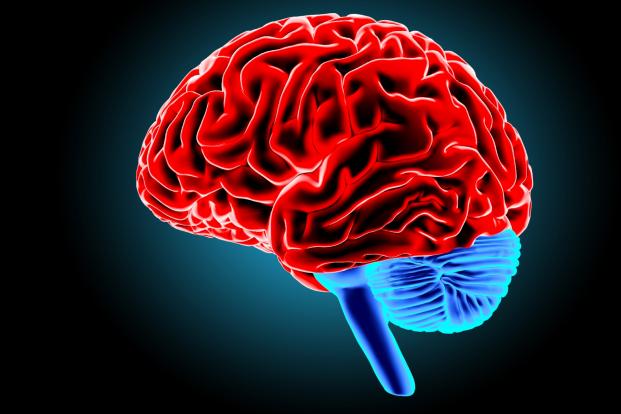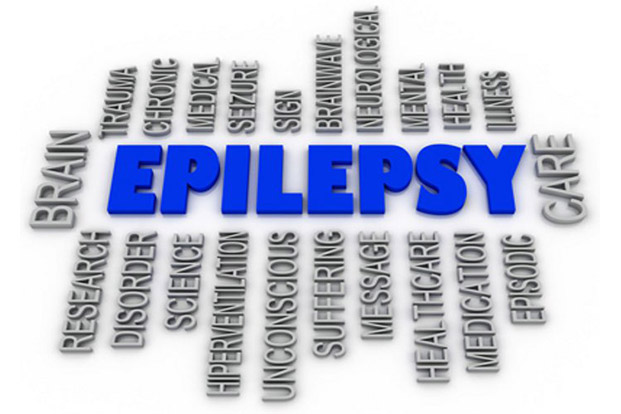Categories
- Bariatric Surgery (11)
- Black Fungus (5)
- Bone Marrow transplant (3)
- Brain Tumor Surgery Navigation Technology (20)
- Cardiac Surgery (66)
- Cardiology (97)
- Computer navigation technology for joint replacements (20)
- Covid Vaccination (17)
- Critical Care (2)
- Dental (19)
- Dermatology (31)
- Dialysis Support Group - “UTSAAH” (11)
- Dietitian (33)
- Emergency Medicine (4)
- Emotional Health (11)
- Endocrinology (33)
- ENT (20)
- Gastroenterology and GI Surgery (53)
- General and Laparoscopic Surgery (21)
- General Surgery (4)
- Gynecology & Obstetrics (183)
- Hematology (20)
- Internal Medicine (294)
- Kidney Transplant (50)
- Kidney Transplantation (20)
- Lung Cancer (8)
- Minimal Invasive Surgery (1)
- Mother & Child (20)
- mucormycosis (5)
- Nephrology (61)
- Neurology (147)
- Neurosurgery (68)
- Nutrition and Dietetics (107)
- Omicron Variant (1)
- Oncology (288)
- Ophthalmology (10)
- Orthopaedics & Joint Replacement (86)
- Paediatrics (59)
- Pediatric Nephrology (3)
- Physiotherapy (5)
- Plastic & Reconstructive Surgery (6)
- Psychiatry and Psychology (90)
- Psychologist (28)
- Pulmonology (72)
- Rheumatology (13)
- Spine Services (21)
- Transradial Angioplasty (16)
- Urology (84)
Query Form
Posted on Apr 19, 2022
How do people develop Epilepsy?
Epilepsy is a fairly common chronic or neurological disorder that affects 65 million people around the world. Most people with epilepsy lead outwardly normal lives. The condition can and does affect daily life for people with epilepsy, their family, and their friends. Anyone can develop epilepsy, but it’s more common in young children and older adults. It occurs slightly more in males than in females.

Causes of Epilepsy:
- Genetic – Some people with no known cause of epilepsy may have a genetic form of epilepsy. One or more genes may cause epilepsy or epilepsy may be caused by the way some genes work in the brain. The relationship between genes and seizures can be very complex and genetic testing is not available yet for many forms of epilepsy.
- Brain Structure – About 3 out of 10 people have a change in the structure of their brains that causes the electrical storms of seizures.
- Brain Size – Some young children may be born with a structural change in an area of the brain that gives rise to seizures.
- Brain Infections – Infections of the brain are also common causes of epilepsy. The initial infections are treated with medication, but the infection can leave scarring on the brain that causes seizures at a later time.
- Head trauma – Serious head injuries can cause epilepsy, sometimes years after the injury.
- Medical conditions – Other medical conditions increase the risk of epilepsy, such as Alzheimer’s disease, stroke, brain tumours and problems with the blood vessels in the brain.
- Problems during pregnancy, birth, or early development – In some cases, infections during pregnancy, problems during birth, congenital brain defects (problems with the brain that are present at birth), or injury to an infant’s brain may cause epilepsy.
Behaviour and Emotions: It is not uncommon for people with epilepsy, especially children, to develop behavioural and emotional problems. Sometimes these problems are caused by embarrassment or frustration associated with epilepsy. People with epilepsy have an increased risk of poor self-esteem, depression, and suicide. These problems may be a reaction to a lack of understanding or discomfort about epilepsy that may result in cruelty or avoidance by other people.



